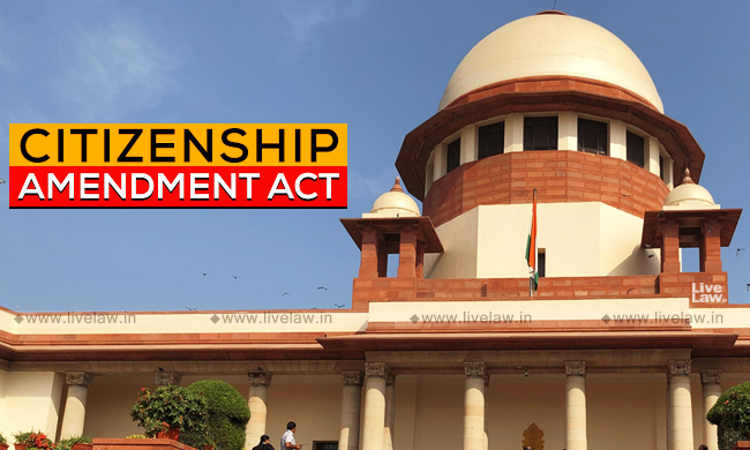United Nations Commissioner Of Human Rights To Move SC On CAA
LIVELAW NEWS NETWORK
3 March 2020 1:22 PM IST

Next Story
3 March 2020 1:22 PM IST
In a significant development, the United Nations Human Rights Commissioner (OHCHR) is set to intervene in the Supreme Court in one of the petitions challenging the constitutional validity of the Citizenship Amendment Act 2019.The Ministry of External Affairs on Tuesday criticized this move by the UN body. In a press release, the MEA spokesperson said that India's Permanent Mission in Geneva...
